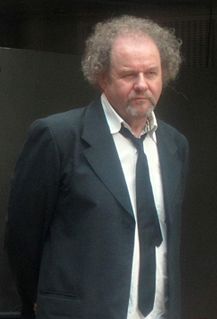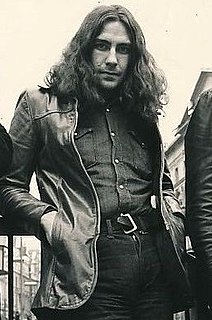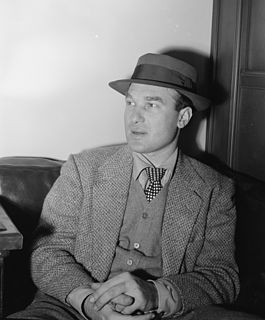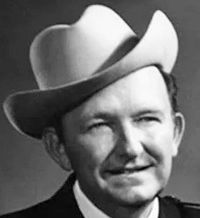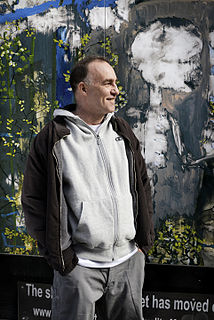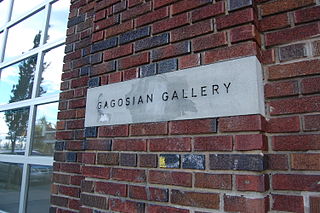A Quote by Nina Simone
As far as piano players are concerned, Oscar Peterson is my very favorite. I also like McCoy Tyner. I think that the big jazz stars, both now and in the past...how shall I say it? These guys are as great as Bach, Beethoven; all of them. People don't know it yet. If jazz survives and is put on a pedestal as an art form, the same as classical music has been through the years, a hundred years from now the kids will know who they were, with that kind of respect.
Quote Topics
Also
Art
Art Form
As Far As
Bach
Been
Beethoven
Big
Both
Classical
Classical Music
Concerned
Far
Favorite
Form
Great
Guys
How
Hundred
Hundred Years
In The Past
Jazz
Kids
Kind
Know
Like
Music
Now
Oscar
Past
Pedestal
People
Piano
Piano Player
Players
Put
Respect
Same
Say
Shall
Stars
Them
Think
Through
Through The Years
Very
Were
Will
Years
Related Quotes
When I was a little kid wanting to play music, it was because of people like Pete Johnson, Huey Smith, Allen Toussaint, Professor Longhair, James Booker, Art Neville ... there was so many piano players I loved in New Orleans. Then there was guys from out of town that would come cut there a lot. There was so many great bebop piano players, so many great jazz piano players, so many great Latin piano players, so many great blues piano players. Some of those Afro-Cuban bands had some killer piano players. There was so many different things going on musically, and it was all of interest to me.
The average age of the Jazz audience is increasing rapidly. Rapidly enough to suggest that there is no replacement among young people. Young people aren't starting to listen to Jazz and carrying it along in their lives with them. Jazz is becoming more like Classical music in terms of its relationship to the audience. And just a Classical music is grappling with the problem of audience development, so is Jazz grappling with this problem. I believe, deeply that Jazz is still a very vital music that has much to say to ordinary people. But it has to be systematic about getting out the message.
I think the Bible is completely inspired by God in its overall messages. But, for the people of those days to know what was going to happen 4,000 years later in a world of astronomy or subatomic particles. They didn't have access to the knowledge that we presently have about geology. So, we know now that the world was created many of billions of years ago, 13 or 14 billion years ago. As far as they knew, the earth was the center of the universe. They thought that stars were little twinkling things in the sky where as now we know stars are very distant and much larger than the earth.
Still, I wonder if we shall ever be put into songs or tales. We're in one, of course; but I mean: put into words, you know, told by the fireside, or read out loud of a great big book with red and black letters, years and years afterwards. And people will say: 'Let's hear about Frodo and the Ring' and they'll say 'Oh yes, that's one of my favorite stories.
A Hundred Years From Now Well a hundred years from now I won't be crying A hundred years from now I won't be blue And my heart would have forgotton she broke ever vow I won't care a hundred years from now Oh, it seem like yesterday you told me You couldn't live without my love somehow Now that you're with another it breaks my heart somehow I won't care a hundred years from now * Refrain Now do you recall the night sweetheart you promised Another's kiss you never would allow That's all in the past dear it didn't seem to last I won't care a hundred years from now * Refrain
A hundred years ago, Auguste Compte, ... a great philosopher, said that humans will never be able to visit the stars, that we will never know what stars are made out of, that that's the one thing that science will never ever understand, because they're so far away. And then, just a few years later, scientists took starlight, ran it through a prism, looked at the rainbow coming from the starlight, and said: "Hydrogen!" Just a few years after this very rational, very reasonable, very scientific prediction was made, that we'll never know what stars are made of.

